In a significant turn of events, Amos Hochstein, the special presidential coordinator for energy security in the Biden administration, has hinted at a strategic move to curtail Iran's crude oil exports. Hochstein announced a forthcoming escalation in the enforcement of economic sanctions, signaling a potential decline in both export volumes and revenue for Tehran.
Amos Hochstein's statements showcasing an intensified commitment to enforce stricter sanctions. The focus extends beyond volume reduction, targeting Tehran's financial gains from oil sales. This shift signals a recalibration of U.S. sanctions policy, adding complexity to diplomatic and economic relations with Iran.
Hochstein's unique analysis of the summer surge in Iranian crude exports challenges assumptions. He attributes the increase to significant destocking and the sale of tankers at sea, prompting a reevaluation of factors shaping Iran's oil production.
Hochstein's prediction of reduced exports is leading to a reevaluation of the dynamics affecting Iran's crude oil sales. Despite a gradual recovery since the reimposition of sanctions in 2018, the unexpected acceleration in 2022 raises doubts about the effectiveness of current sanctions enforcement, adding an element of unpredictability to global oil markets.
The spotlight turns to Chinese oil demand as a critical factor. The complex network of intermediaries, ship-to-ship transfers, and the strategic disguise of Iranian crude as Malaysian products are instrumental in supporting Tehran's economic standing. The future of these arrangements under increased sanctions scrutiny remains uncertain.
With the U.S. indicating a possible adjustment in Iran's oil exports, the global energy community prepares for the impending effects. Hochstein's visionary statements inject a novel perspective into the evolving story of Iran's oil exports, setting the stage for a nuanced interaction of diplomatic, economic, and market dynamics worldwide.


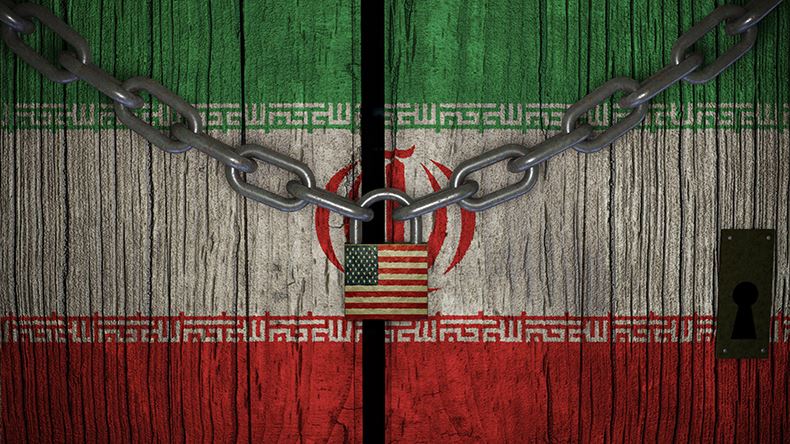
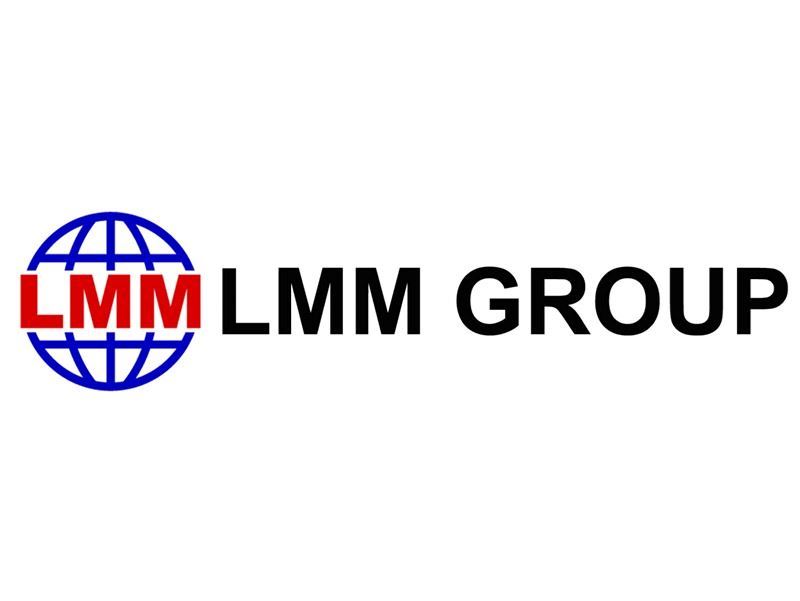
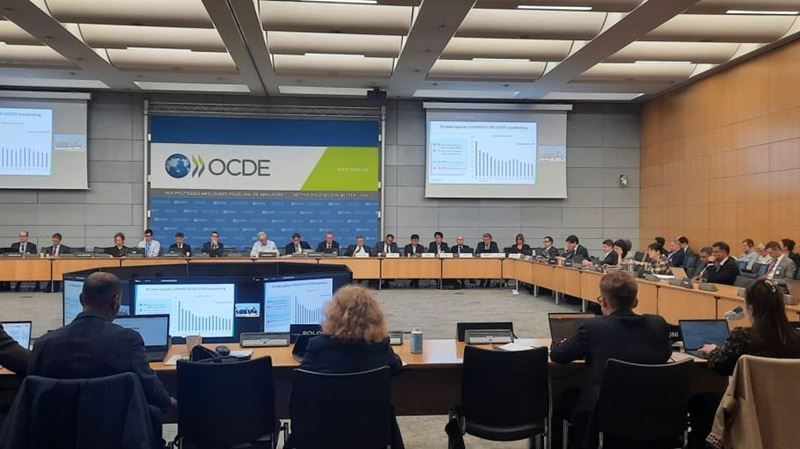

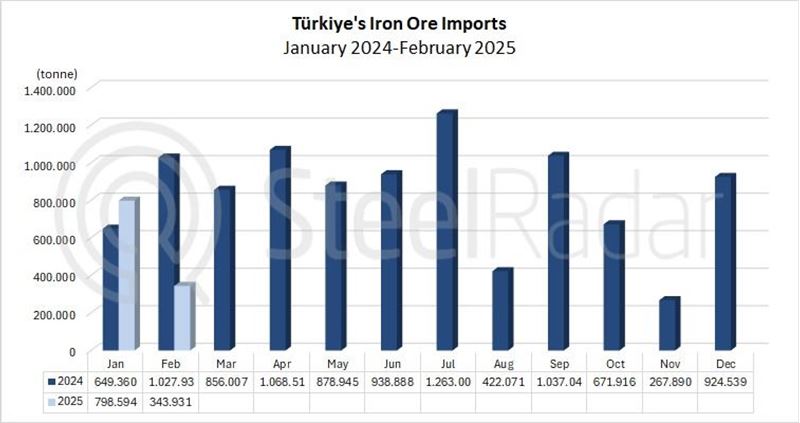
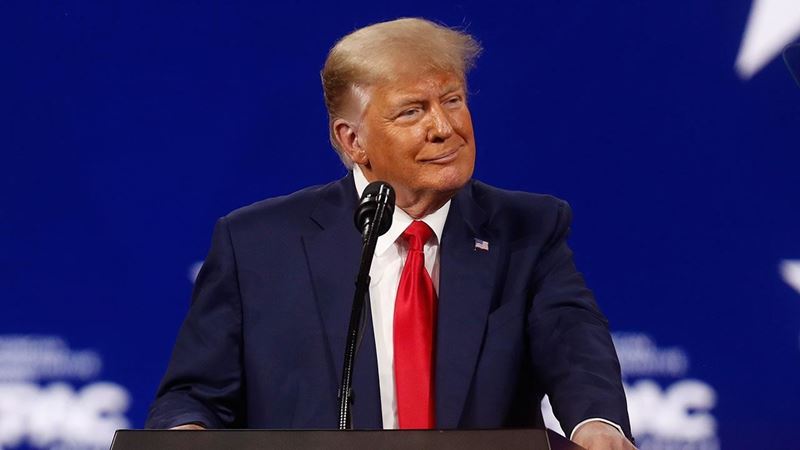

Comments
No comment yet.